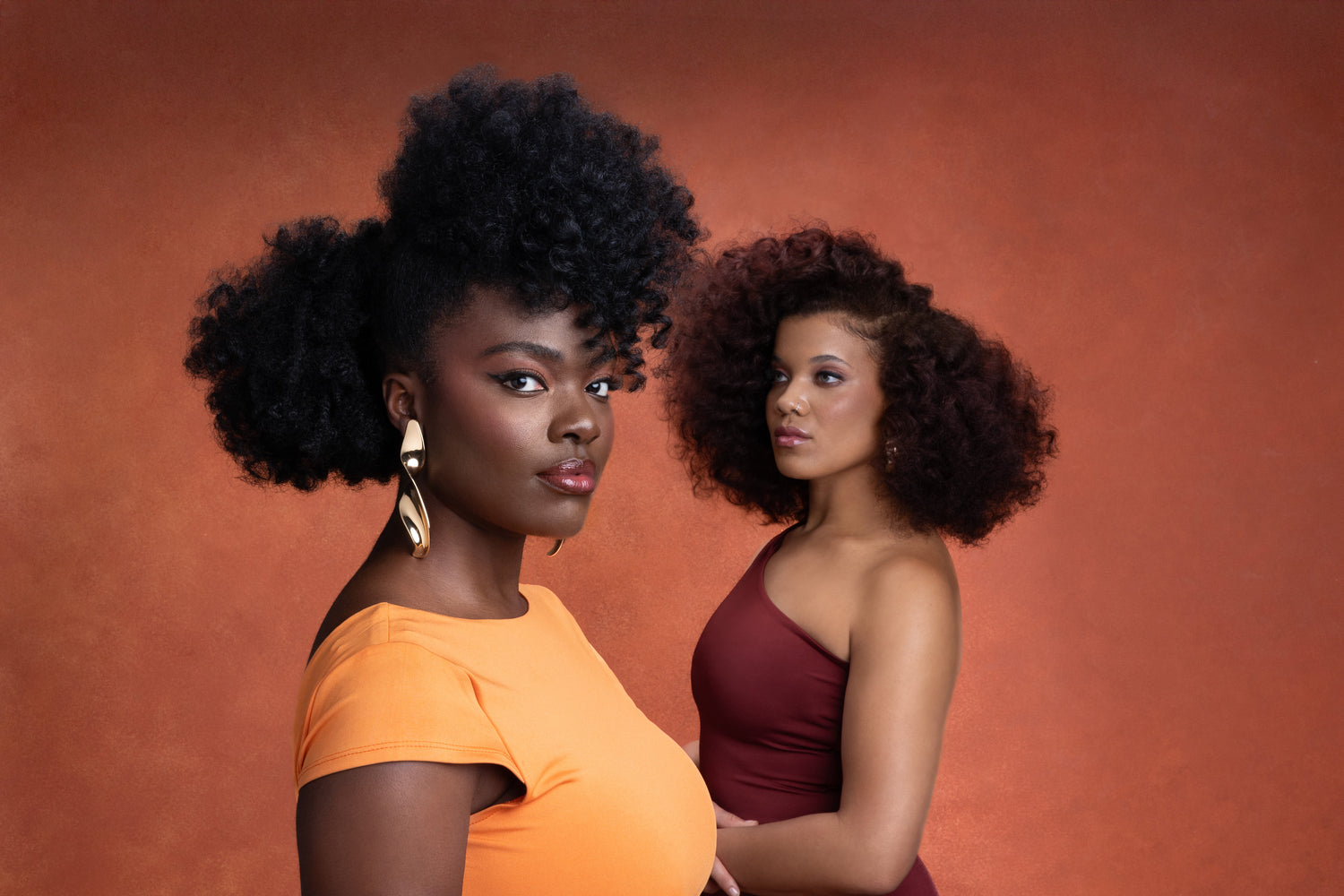Many wig and lace front wig wearers use double sided tape and wig glue, which is (let’s just be honest) just straight up glue. However, there are many related dangers of using wig glue to secure wigs, affecting the health of your skin, and hair underneath your wig. Many people ask: is wig glue safe for skin? Find out some of the most common dangers of using wig glue and how to prevent them.
1. Blocked Pores
Like we mentioned before, wig glue and glues in general aren’t really made to be used on our skin and hair. And because glue is difficult to remove from the skin, it has the potential to block your pores and can lead to damaged skin and hair follicles.
2. Allergic Reactions
Find that you have red, raised skin around your hairline and on your scalp? If you frequently use wig glue, these could be signs of an allergic reaction to the glue. Other symptoms include, hives, general scalp reactions, swelling and in extreme cases, trouble swallowing and breathing.
3. Itchy Scalp
Following on from our previous points about allergic reactions and blocked pores, another issue that can arise from using wig glue is an itchy scalp. Although, there are many causes of itchy scalp, wig glue usage can cause itchiness and irritation.
4. Hair Loss/Alopecia
As you can imagine, the combination of blocked pores, damaged hair follicles and general scalp and skin irritations are not great for encouraging healthy hair growth. This impact on hair growth can lead to thinning and hair loss and bald patches.
Wig Glue Dangers: What Can You Do to Prevent This?
Side effects of wig glue can be serious if used frequently. First, thing’s first: Please stop using wig glue to secure your wigs or hair extensions. Once you have removed the source of the issue, we would recommend using hair care products such as the Afrocenchix Under The Wig Set that are free from common allergens including parfum and other artificial fragrances.
Seek medical advice if you’re experiencing a severe or continued reaction from the wig glue and use glue-free solutions to secure your wig such as The Renatural’s The Wig Fix ™ (a specially engineered, silicone ‘gripper’ that secures your wig).
More Articles:
Protective Styling: What Every Natural Needs to Know

